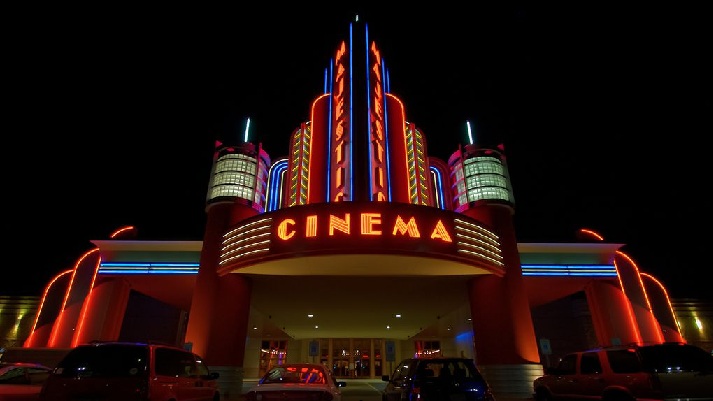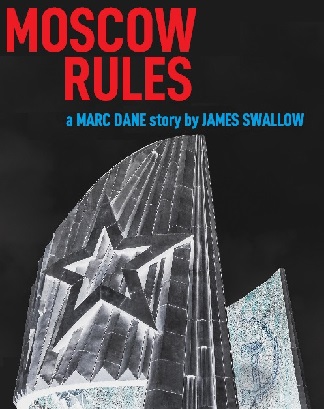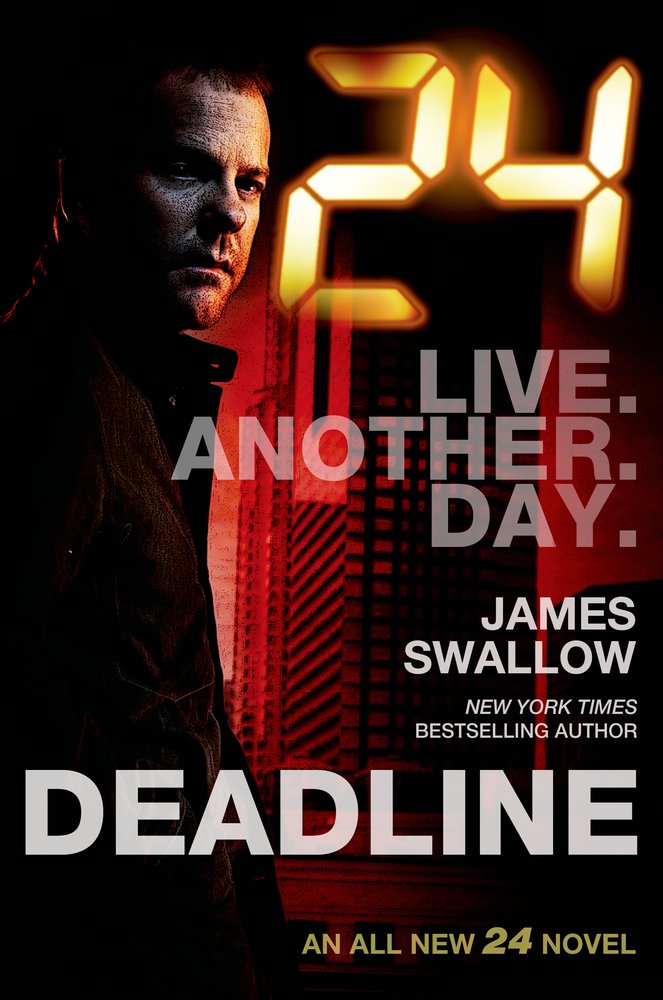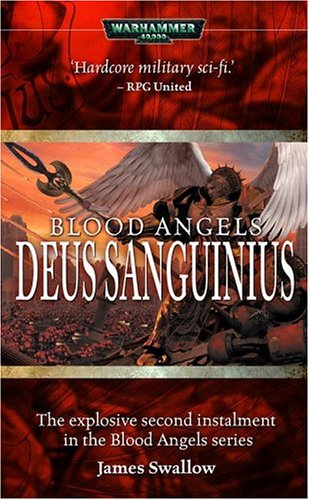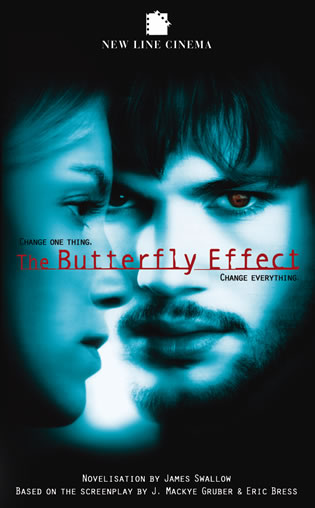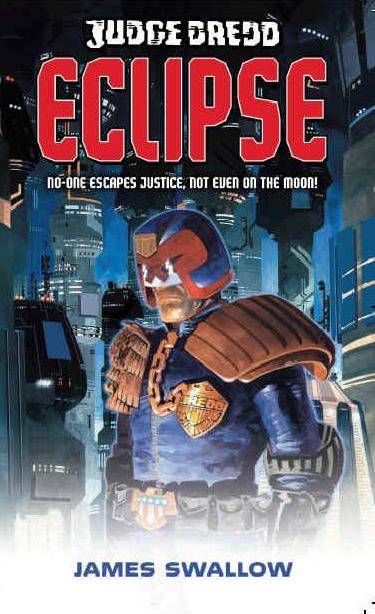And so the final part of my annual year-end overview concludes with a look at my gaming habits for 2024; it was another tumultuous year for the industry, with studios getting shuttered and games being cancelled with brutal regularity, and I played a lot less new stuff, instead concentrating on titles from the last two or three years and putting a lot of hours into looter-shooters Warframe and The First Descendent with my regular gaming group. And I still (through deliberate choice!) have yet to complete Cyberpunk 2077…

I also doggedly refused to upgrade my console (although I did renew my PC) and but disappointingly I spent more time buying new boardgames and RPGs than actually playing them! However, thanks to a couple of ace demos (cheers to GM Andrew Peregrine), for the first time in far too long I got to actually roll some dice and roleplay a little in the Space: 1999 RPG, which is due out later in 2025.
Here’s the full list of new plays from 2024 – Power Wash Simulator; Dobble; Rollerdrome; Sniper Elite III; Far Cry Primal; Something Wild! Indiana Jones; Warframe; Borderlands 3; The First Descendant; Little Kitty, Big City; Economy Class; Hot Wheels Unleashed 2: Turbocharged; Call of Duty: Black Ops 6; My First Gran Turismo; Space: 1999 – The Roleplaying Game.

